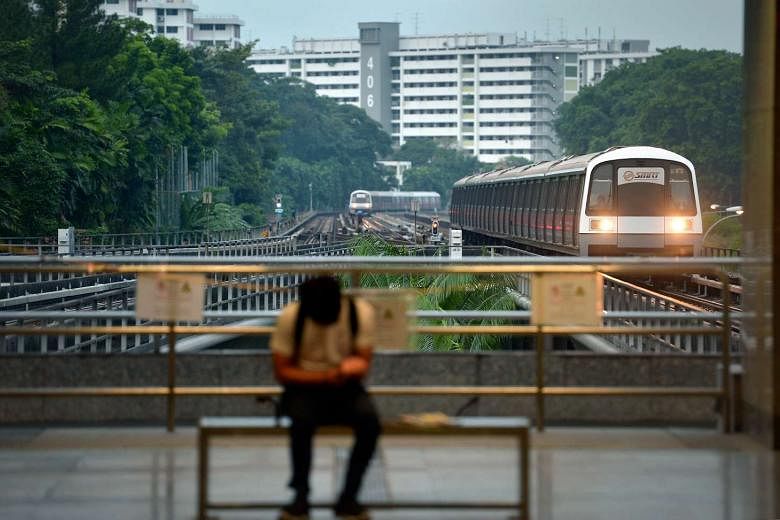SINGAPORE - Singapore is confident that it can meet its ambitious targets to curb its greenhouse gas emissions by 2030, Minister for Foreign Affairs Vivian Balakrishan said on Friday (Dec 4), a day before he departs for Paris to attend the COP21 World Climate Change Conference talks.
Speaking to the media at the Ministry for Foreign Affair's premises in Tanglin, Dr Balakrishnan also said that Singapore's pledge was an "unconditional" one that did not hinge upon the establishment of a global agreement.
"The INDC (Intended Nationally Determined Contribution) that we have put forward is one that we believe is not only achievable, but also good for us.
"To a large extent, we can also save money for citizens, so this trajectory that we have set for ourselves is a correct one and one that we can pursue anyway," he said.
In July 2015, Singapore laid out its pledge, or INDC, in a document to the United Nations.
In it, Singapore set itself the target of stopping any further increase to its greenhouse gas emissions by about 2030.
It also pledged to become greener economically then, by reducing the amount of greenhouse gases emitted to achieve each dollar of gross domestic product by 36 per cent.
Despite Singapore's lack of renewable energy, such as wind and geothermal energy, it can still hit these targets in other ways, Dr Balakrishnan said .
He highlighted several areas which Singapore is already looking at:
- Promoting greater energy efficiency in the domestic and industrial sectors;
- Pushing for more green buildings, especially at the design and planning stages;
- Aiming for the petrochemical industry to continously upgrade using the least pollutive, safest and most efficient technologies available;
- Boosting the public transport sector, so it becomes a first choice for Singaporeans;
- Increasing solar energy production.
He noted that while there might be some short-term adjustments, such as switching incandescent bulbs for more energy-efficient LED ones, these moves will help Singaporeans save money in the long-run.
"There are some adjustment transitions we have to make," he said, noting that there are schemes such as the National Environment Agency's Mandatory Energy Labelling Scheme that awards more ticks to energy-efficient products to "gently guide the market".
"But I am confident that, in the long-run ,we are doing right by Singaporeans, by helping them save money, and by making Singapore cleaner, greener, safer and healthier."


